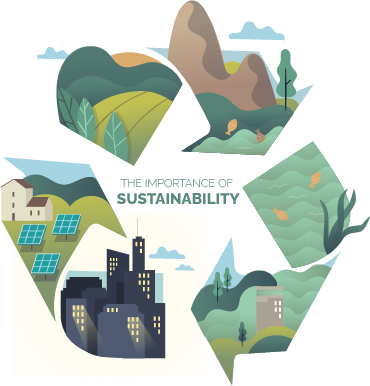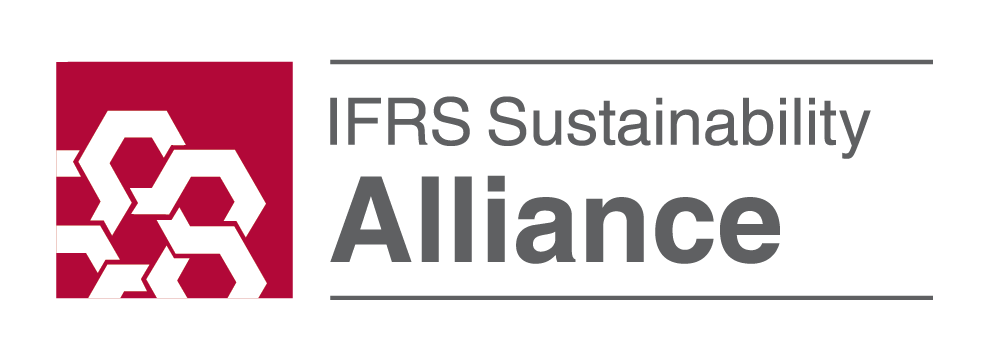Published on Bisnis Indonesia, June 8, 2009
The warm discussion on corporate social responsibility (CSR) in the business community has influenced to the academic world. The CSR topic is accommodated to a number of lectures in the university. The result is that a large number of students are racing to write their thesis on CSR. A most simple and honest answer from them is that the topic a trend is, or is a topic which can be accepted compared to other topics sent forward. Ironically, most of the students are disappointed that their lecturer doesn’t have the right knowledge on this topic. This is not all to fault to the lecturer if they honestly say that they don’t master the topics on CSR, especially in making a academic thesis. This lecture didn’t existed when we went to college.
There are a number of variables and cross science which is involved in the issue of CSR. The dynamic change of social conditions cannot become a simple mathematical equation. One of them is how to measure CSR.
Today, the way to measure CSR performance is through it’s activity report, which is with content analysis. This method can change qualitative information to quantitative information so it can be divined in a statistic equation. This means, the total number which can be retrieved from this content analysis process can describe many disclosures which has been informed in this report. Which needs to be underlined is the CSR information which is being disclosed is not guaranteed information which describes all CSR activities which has been conducted. There might be a gap.
It is possible that CSR information which has been disclosed is only a fraction of all the CSR activities conducted. On the contrary, there is a possibility that information which has been disclosed is more than the actually activity. Considering also the different character of the report. As an example, annual reports are often used to become the basis for CSR performance. In a annual report you can see that the disclosure of CSR is very limited compared to other reports, for example a sustainability report. But because these types of reports are very limited, for research purposes, annual reports are still a most liked.
If we go back to the process of content analysis, the measurements of CS R performance through the annual reports needs a information guideline. The current CSR performance information guideline which is dominating is the Sustainability Reporting Guideline (SRG) issued by the Global Reporting Initiative (GRI), even if there is another guideline developed by researchers through literature study. In the SRG there are 79 items divided into 6 performance indicators. With this SRG the disclosure of CSR in a company annual report can be measured through a score. The most simple way in providing a score is to give a ‘1’ on a item in the SRG for information disclosed. These type of scores are known as dichotomous ( the number 1 to mark ‘yes’ and 0 for ‘no’), despite there is a more complex scoring system which is the whole CSR information which has been reported in the annual report.
After a total score has been reached, another variable is than added. A number of variables which is positively connected with a lot of CSR information in annual reports are total assets, total sales, profitability, capitalization, return on asset (ROA), return on equity (ROE), earning per share (EPS), type and age of the company. Here does the statistic exam begin to see if the CSR information in the annual report has a significant connection with those variables. Or if those variables will influence the amount of CSR information disclosed. Or if the company has a higher asset which will provide more CSR information.
Can the tested variable become concluded as a variable with significant influence on CSR performance? If you consider on the previous statement, then the answer will be ‘no’ because the measurement of CSR performance must be conducted through content analysis which still uses CSR information disclosed in a annual report. Not to mention the issue of ‘subjectivity’ which will become a weak link in the scoring process in the content analysis. For that we have to have a CSR report that has a gap as minimum as possible with real CSR work, and the measuring through that report can describe CSR activities until it hits reality.
Juniati Gunawan
PhD ub Corporate Social Reporting
Lecturer for Masters Programme on CSR at Trisakti University





